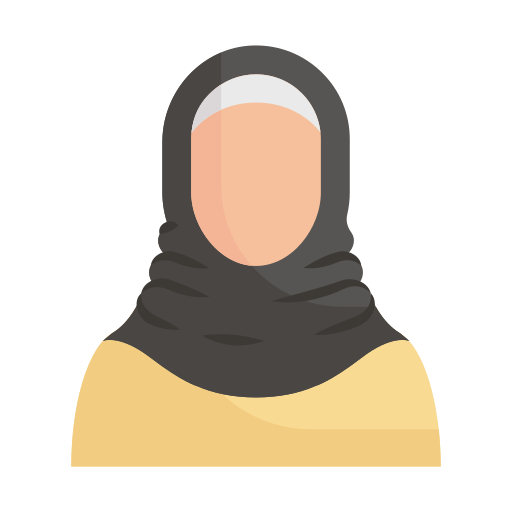The Anatomy of Islamic Psychology &
Counselling
The Anatomy of Islamic Psychology & Counselling
45 hours
Online Portal
95+
45 hours
15 weeks
£259 £159
Understanding, Challenging, and Replacing Secular Models in Psychology
Course Objectives
In a world where secular paradigms dominate
the mental health conversation, this course reclaims the Islamic intellectual
and spiritual heritage of understanding the human soul and psyche. 'The Anatomy
of Islamic Psychology & Counselling' is a transformative 15-week course designed
to demystify psychology and counselling, providing learners with an authentic
Islamic framework rooted in Qur’an, Sunnah, and classical scholarship.
You will critically examine modern psychological concepts, decolonise mental
health narratives, and explore holistic models that harmonise the spiritual,
emotional, cognitive, and physical dimensions of the human experience.
Certificate of Completion included

Format
Duration:
Commitment:
Total
Learning Time
Starting from Sunday 7 September 2025 10 AM - 1 PM, London, UK - Live lessons
Course Objectives
Who Should Attend?
- Aspiring and current Muslim counsellors, therapists, and psychologists.
- Islamic studies and psychology students.
- Imams, chaplains, Da’wah workers, and community leaders.
- Muslim professionals seeking to understand mental health through a faith-based lens.
- Individuals curious about reconciling psychology with Islamic spirituality.
- Callers (Dua’t) to Islam and community leaders
- Teachers working with Muslims

Course Features
100%
Online & Self-Paced
100%
Online & Self-Paced
Rich
Visual Materials & Diagrams
Rich
Visual Materials & Diagrams
Reflective
Journals & Case-Based Activities
Opportunity to continue to the PICSP level 2 (of 4)
Updated 15-Week Curriculum Overview
Introduction:
Why Islamic Psychology?
Explanation
History,
Scope and Definitions of Psychology and Counselling
Explanation
Track the intellectual lineage of psychology — from Islamic scholars to Freud — and clarify Islamic vs. Secular definitions of the soul and psyche
Mental
Illness and Disorder: Secular vs. Islamic Understandings
Psychological
Worldviews: Islamic vs. Secular Paradigms
Understanding
Abnormality: Secular vs. Islamic Norms
Decolonising
the Mind: Detoxing from the Mental Health Industry
Anatomy
of the Soul (Part 1): Nafs, Ruh, Qalb, Sadr
Anatomy
of the Soul (Part 2): Aql, Fu’ad, Jasad, Lubb, Fikr
Explore how cognition, intuition, the body, and inner awareness are viewed in the Qur’an and how they relate to personal development.
Integrated
Human Psychology: The Islamic Psychological Mainframe
Causes
of Psychological Problems: Dual Perspectives
Epistemology
& Classification: Islamic vs. Secular Psychology
Islamic
Psychotherapy (Part 1): Foundational Principles
Islamic
Psychotherapy (Part 2): Techniques, Case Work, and Application
Understanding theory, model, approaches and techniques and ways (and what) to integrate into Islamic Psychology and Counselling.
Shaykh Abdullah Hasan
His expertise also extends to Zakat and Islamic philanthropic studies. Having served as an Imam in various UK Muslim communities, Sh. A. Hasan is deeply committed to community and people development. He brings over 10 years of experience in management, leadership, and training within the third sector. Currently, he serves as a teacher of Islamic psychology and counselling, a Consultant Counselling Psychologist at Gift Foundation.
Additionally, he provides Chaplaincy counselling from multiple mosques in London, UK. Sh. A. Hasan is the founder of significant initiatives such as Imams Against Domestic Abuse (IADA), the British Imams, Scholars Contributions and Achievements (BISCA Awards), and the British Institutes, Mosques, and Associations (BIMA Awards). He is a member of The Association of Islamic Mental-Health Specialists (AIMS) and actively contributes to numerous other community organisations and projects.

Dr. Alizi Alias
Guest Contributor

Dr. Nazir Khan
Guest Contributor

Dr. Ayiesha Malik
Guest Contributor

